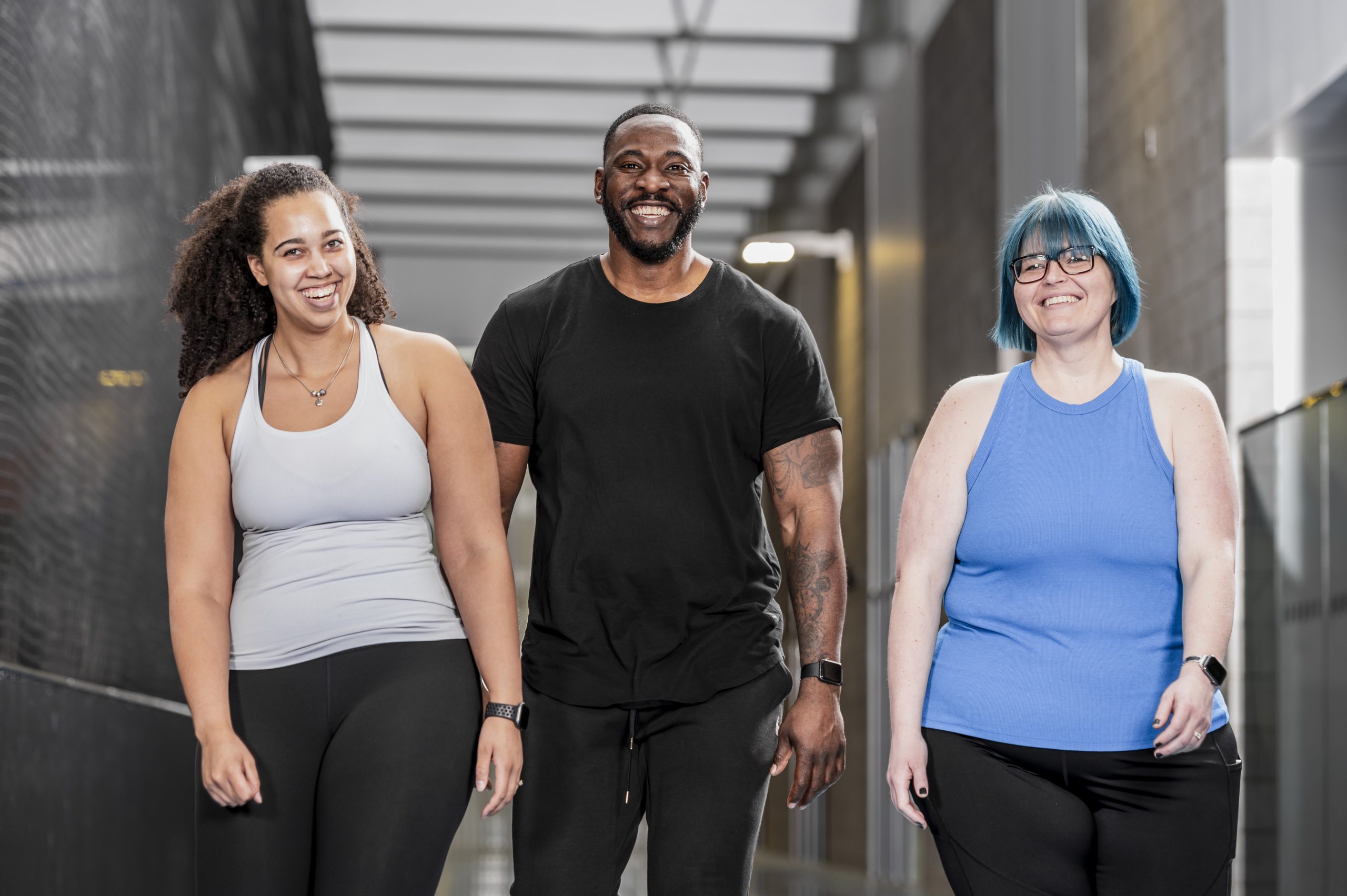By Jill Tettmann
Jill is the President and CEO of the YMCA of Simcoe/Muskoka. A life-long learner, Jill believes in leading a balanced lifestyle that is productive and healthy, and spending quality time together with her family. She holds a Master of Health Science in Health Administration from the University of Toronto, a Master of Community Psychology from Wilfrid Laurier University and is a Certified Health Executive with the Canadian College of Health Leaders.
In many ways, our lives feel busier than ever before.
As we try to balance work, family life, social time, self-care and so much more, it can be easy to lose track of what’s important and feel overwhelmed. Although we’ve been frequently told that when we don’t feel our best mentally, it’s very difficult to feel our best physically, it can still be tough to balance the many aspects of health, and in a way that builds the strength and confidence we all aspire to.
At the same time, if the pandemic taught us anything, it’s that we can handle very difficult things – individually and together.
It also showed us that so many factors affect our health. Our social lives, our finances, our mental wellness, our sense of belonging, our physical fitness, and many other personal factors can play a role in how we feel, and how we interact with the world around us.
In recent years, there has been much focus on “holistic health” – an overall balanced approach to wellness that focuses on physical, mental, social, emotional, and spiritual health simultaneously.
The World Health Organization (WHO) confirms that health is “a state of complete physical, mental and social well-being and not merely the absence of disease or infirmity” and that “there is no health without mental health”[1].
But knowing this, and practicing it, can be two very different things. And it can also be even more difficult for some community members than others. Because health does not just happen. It is the result of opportunities that allow someone to improve the conditions that affect their health, and the ability to make intentional choices to do so. That includes the opportunity to belong to a vibrant and connected community.
But not all of us have those same choices, or the same opportunities for exploration and growth.
For example, seniors, newcomers, and youth are among those in our communities who can struggle with holistic health, including being disproportionately affected by isolation. This is not by choice, but by circumstance. The Canadian Mental Health Association tells us that anxiety, depression, and cognitive decline (in older populations), are all associated with having few social ties and being socially isolated[2].
This reality is not lost on the YMCA, and it is not new to what we do and why we do it.
For nearly 170 years, we have been focused on helping individuals achieve holistic health – or in our definition, health in spirit, mind, and body – including a significant focus on being a place where people of all backgrounds, abilities, and circumstances can connect and thrive. Or put another way, a place where everyone in Simcoe, Muskoka, and the District of Parry Sound, including those who can sometimes be left out or left behind, can feel they belong.
Because we evolve as community needs change, you might say we’re actually focused beyond holistic health to holistic resilience – that is, helping individuals and communities achieve more balance in their wellness through relevant programs and connections, and helping them develop the skills and confidence to manage when things get challenging.
Whether a lack of choice, difficult personal circumstance, or simply a bad day, the YMCA will be there, supporting a sense of connection, belonging, and resilience for all, across our region.
Because at the YMCA of Simcoe/Muskoka, we know that we do better when we’re together.
We invite you to explore how we can help you build your health, strength, and resilience in any one of our 80 locations and hundreds of programs and services – from child care and youth engagement, to senior wellness and immigrant services, and so much more.
[1] Promoting mental health : concepts, emerging evidence, practice : summary report / a report from the World Health Organization, Department of Mental Health and Substance Abuse in collaboration with the Victorian Health Promotion Foundation (VicHealth) and the University of Melbourne. (2004).
[2]https://cmha.ca/news/social-connection-is-the-cure/

